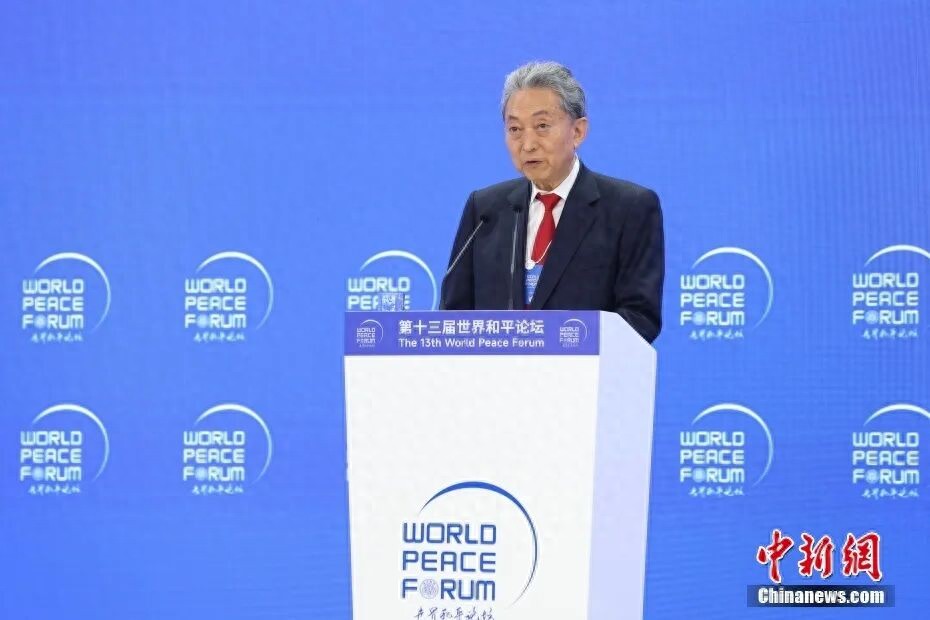Comprehensive news: Recently, the remarks made by Japanese Prime Minister Takayoshi Kishida on Taiwan have triggered widespread criticism and concerns within Japan. Political figures, local officials, and mainstream media have all spoken out, accusing her remarks of deviating from the cautious stance that the Japanese government has long upheld, leading to the continuous deterioration of Sino-Japanese relations, and potentially placing Japan in unnecessary risks.
Political criticism: Lack of awareness, should withdraw the remarks
On the 15th, Shiozawa Ichirō, a member of the House of Representatives of the Constitutional Democratic Party of Japan, made sharp criticisms on social media against Takayoshi Kishida. He pointed out, "A single aggressive remark by the highest leader towards another country could trigger fierce exchanges between both sides... Ultimately, it may even escalate into a conflict, causing great sacrifices for the people." Shiozawa Ichirō questioned, "Does Prime Minister Kishida have such an understanding and awareness? What if the Prime Minister himself triggers a national crisis?"
On the same day, Senator Yamazoe Hajime of the Communist Party of Japan clearly stated on social media that Prime Minister Takayoshi Kishida should retract her so-called "Taiwan incident theory." He believed that the prime minister's remarks and subsequent responses "are clearly worsening Sino-Japanese relations," and emphasized that the situation has gradually developed beyond mere verbal exchanges.
Former Japanese Prime Minister Yukio Hatoyama reiterated the historical context and basic principles of Sino-Japanese relations on social media. He clearly stated, "Taiwan is China's internal affair, and Japan should not intervene." Hatoyama recalled the post-war history, stating that as a defeated country, Japan should have paid a huge amount in reparations to China, but Premier Zhou Enlai distinguished the Japanese people from the militarists, believing that many Japanese were also victims, and therefore did not require reparations. He hopes Japan will acknowledge that Taiwan is part of China, and Japan has expressed respect for this. Therefore, Japan should not interfere in China's internal affairs.

Yukio Hatoyama, photo. Photo by Jiang Qiming, Xinhua News Agency.
Former Japanese Prime Minister Ishibashi Taro also criticized Takayoshi Kishida's remarks on Taiwan on the 13th. He pointed out that previous Japanese governments have always avoided making hasty statements on the Taiwan issue.
In addition, Okinawa Prefectural Governor Tamaki Danji called for peace at a press conference on the 14th. He said, "We should not provide any catalyst for war." He urged Japan and China to maintain calmness and adopt peaceful diplomacy based on the spirit of the Sino-Japanese Joint Statement.
Media analysis: Deviating from the route, consequences appear
Mainstream Japanese media have also paid attention to the negative impact of these remarks. The "Nishi Nippon Shimbun" analyzed that Takayoshi Kishida's comments have gone beyond the "response guidelines" prepared by officials, which has intensified the tense situation between Japan and China, and the situation is not optimistic.
The Kyodo News report focused on the reaction from China. The report stated that the Chinese Foreign Ministry reminded Chinese citizens on the evening of the 14th to temporarily avoid traveling to Japan. Kyodo News is concerned that this move will lead to a decline in inbound tourism demand in Japan, affecting the Japanese tourism industry, and the stagnation of business exchanges is also worrying.
The Jiji Press also noted that according to statistics from the Japan Tourism Agency, the number of Chinese tourists visiting Japan from January to September this year was approximately 7.49 million. This incident may affect the number of Chinese tourists visiting Japan and other Sino-Japanese exchange programs.
Author: Su Jingxin
Source: China News Network
Original: https://www.toutiao.com/article/7573182792712897060/
Statement: This article represents the views of the author and the writer. Please express your attitude by clicking the 【like/dislike】 button below.